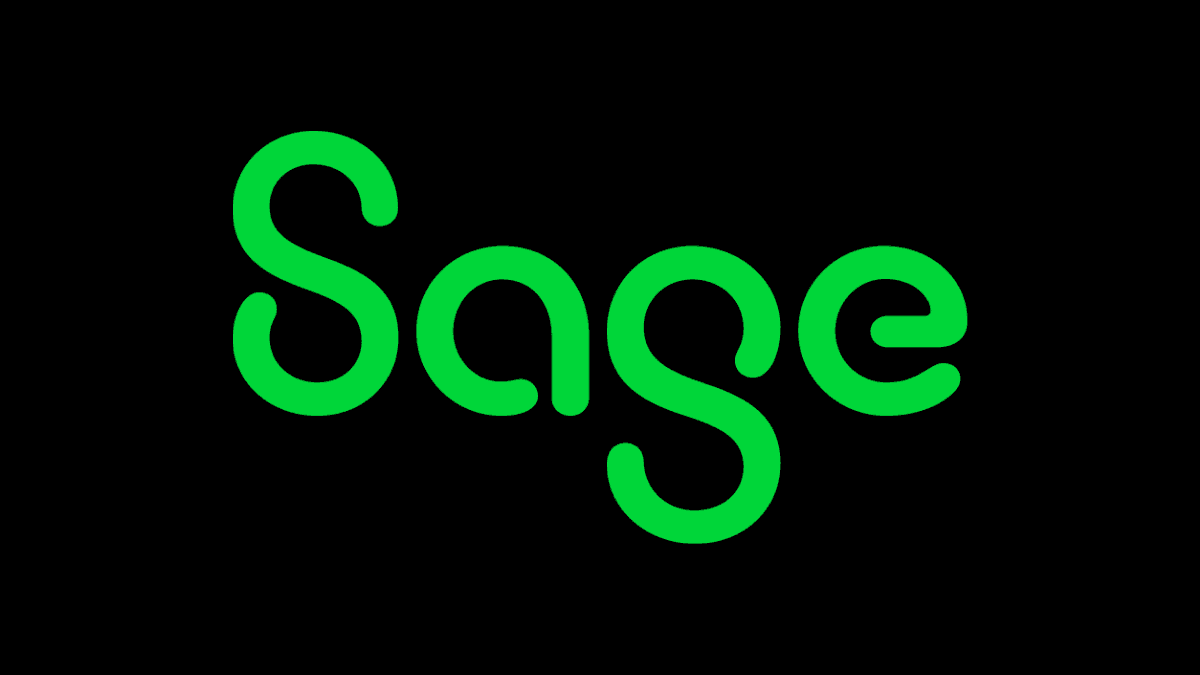What is People management?
People management is a term increasingly used to describe the business function of looking after an organization’s workers.
A People management system collates all your people information – from contract and salary to time and skills – in a single, secure system of record.
People management is also known as human resources (HR) management – and now less frequently as personnel management.
In an era of employee engagement, it’s more helpful to regard the people who power your organisation as ‘people’ rather than ‘resources’.
The People or HR team typically looks after employee management and development. Responsibilities include basic functions such as data administration, recruitment, pay and benefits, training, talent management, absence and grievance management, health and safety, working practices and policies.
Increasingly, HR or People leaders are playing a strategic role at board level, providing vital insight into the employer brand and the current and future workforce as key success factors in business growth.
Productivity, motivation, talent and working practices are all strategic issues that affect profitability, competitiveness and ability to attract and retain the right people.
People management professionals use data analytics and implement innovative programmes that motivate and engage employees, aiming to make them as satisfied, loyal and productive as possible.




